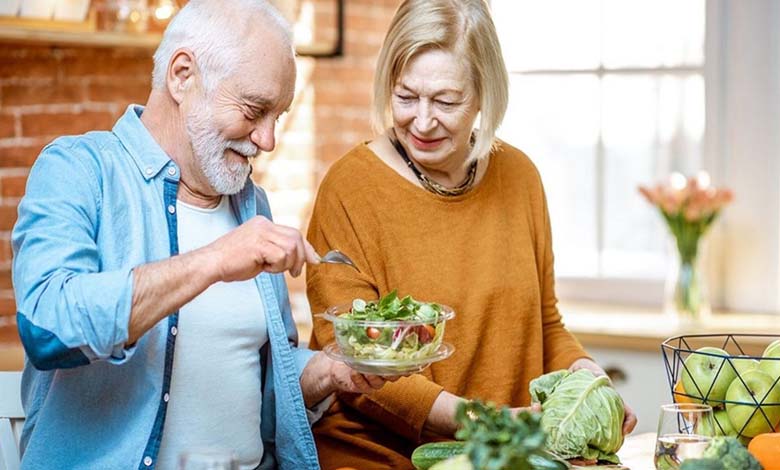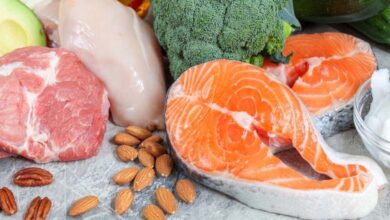Foods that promote good nutrition in the elderly

As people age, the body goes through many changes. Metabolism slows down, nutritional needs shift, and chronic health conditions can appear. For older adults, good nutrition becomes essential to maintain health, prevent muscle loss, strengthen the immune system, and preserve independence. Certain foods are especially helpful in supporting these needs.
-
Muscle Wasting in the Elderly: Causes and Contributing Factors and Treatment Options
-
“Successful Aging”: How to Achieve It for the Elderly?
Protein plays a key role. As we age, we naturally lose muscle mass, which increases the risk of falls and fractures. That is why it is important to eat protein-rich foods like fish, poultry, eggs, legumes (lentils, chickpeas, beans), and dairy products such as yogurt and cottage cheese. Both animal and plant-based proteins are beneficial and can be alternated to make meals more interesting and nutritious.
Fresh fruits and vegetables are also crucial. They provide essential vitamins, minerals, and fiber, which support digestion, heart health, and disease prevention. Older adults should aim to eat at least five servings of fruits and vegetables daily. Leafy greens (such as spinach or kale), carrots, tomatoes, and berries (like strawberries or blueberries) are especially rich in antioxidants.
-
Early Symptoms Indicating Mental Health Issues in the Elderly
-
Fish oil protects the elderly from Alzheimer’s Disease
Whole grains such as whole wheat bread, brown rice, oats, and quinoa offer lasting energy, fiber, and important nutrients. Unlike refined grains, they help control blood sugar levels and improve digestion. These grains should be chosen over overly processed or sugary foods.
Fats should not be completely avoided, but healthy fats should be preferred. Olive oil, avocados, nuts, and seeds are excellent sources of unsaturated fats that are good for the heart and brain. These foods also help the body absorb fat-soluble vitamins such as vitamins A, D, E, and K.
-
What to Know About Vitamin B12 deficiency in the elderly
-
Animal vs Plant-Based Iron: Which Does Your Gut Prefer?
Hydration is another key element. As we get older, the sense of thirst tends to decrease, which can lead to dehydration. It is important to drink water regularly throughout the day, even when not feeling thirsty. Soups, herbal teas, and water-rich fruits like watermelon or oranges can also help maintain proper hydration.
Finally, calcium and vitamin D are essential nutrients to prevent osteoporosis. They can be found in dairy products, sardines, leafy green vegetables, and fortified foods. Getting moderate sun exposure also helps the body naturally produce vitamin D.
Having a varied, balanced diet that meets the specific needs of older adults helps them age in a healthier way, remain active for longer, and prevent many age-related health problems. Mealtimes can also be a source of enjoyment and social connection, which are important for emotional well-being.












